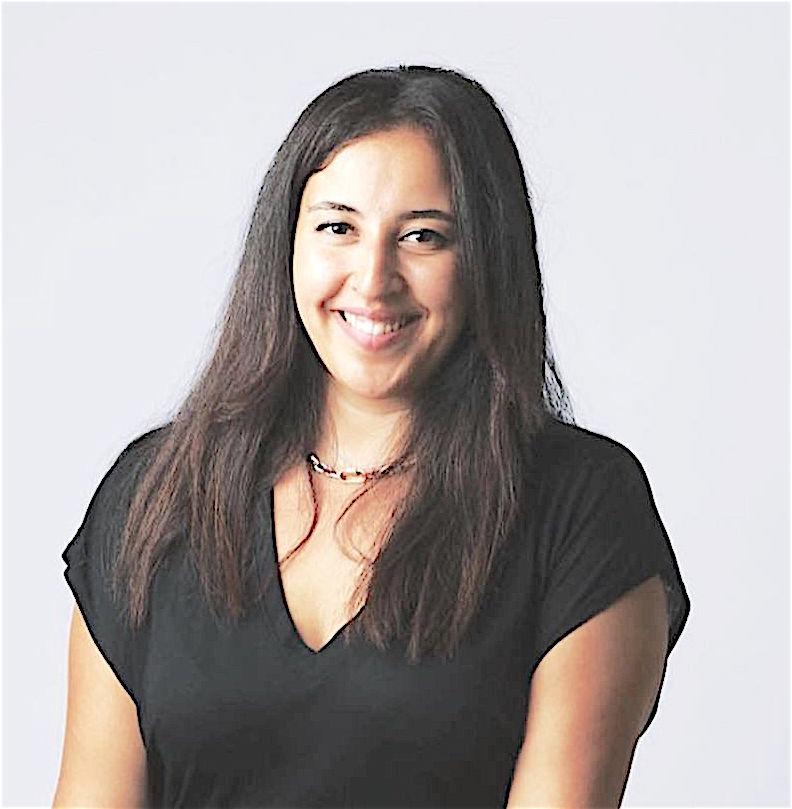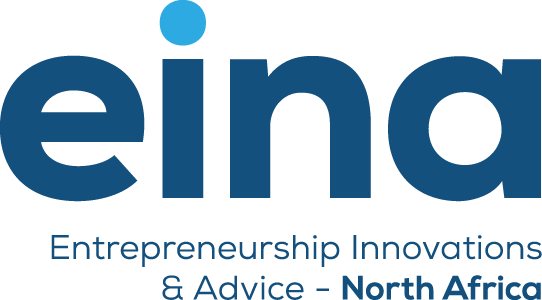Nisrine Ouazzani, Executive Director of MCISE: "The lack of success stories in social entrepreneurship hinders the will to undertake"

Created in 2012 by civil society actors and entrepreneurs, the Moroccan Centre for Innovation and Social Entrepreneurship (MCISE) currently employs 60 people in all regions of the Kingdom, including a pool of trainers who work closely with the 1,500 project leaders (startups, VSEs, self-entrepreneurs and civil society organisations) who will be incubated in 2022.
MCISE's partners include the Casablanca-Settat Regional Investment Centre (CRI), the National Initiative for Human Development (INDH), the European Union (EU) and UNESCO. The Director General of MCISE, Nisrine Ouazzani, looks back at the challenges, successes and reforms to be considered in social entrepreneurship in Morocco.
What are the main difficulties faced by social entrepreneurs?
The importance of social entrepreneurship is recognized, especially since the Arab Spring, to help solve social problems. However, there is still a lot of advocacy to be done to explain that social entrepreneurship is not charity, and to obtain a specific legal status. Social entrepreneurs are most often organized as associations, without always having the business model necessary for the sustainability of their enterprise.
The second difficulty is that the lack of funding prevents them from becoming professional quickly and from scaling up during the development phase. Finally, human challenges relate to the difficulty of keeping the mission, the lack of success stories or communication about them - which impacts on the will to undertake - and the lack of local skills and expertise. There is also a lack of evaluation systems from which we could all learn, both on the endogenous projects that we support and on the public policies intended to support our ecosystems.
Yet there are success stories that could have a knock-on effect?
Yes, I am thinking for example of Educall, a social enterprise in Rabat supported by several incubators, including MCISE, which offers alternative and fun educational methods (notably inspired by the United Nations) based on new technologies. This social enterprise, which has institutions as clients, works very well, with solid partners such as the World Bank.
Amaz Sneakers, a brand of eco-responsible shoes launched by a young Moroccan woman, has set up a branch called Amaz for Education, which aims to improve access to education for girls in rural areas. It works with the Education for All association, which builds boarding schools to bring young girls closer to secondary schools, which are often too far from their homes. For every pair of shoes sold, one day of boarding school for a girl in secondary school is funded. Since 2017, Amaz has paid for the equivalent of one year for 8 pupils.
Another example: the NGO Step'Out, incubated in 2017 by MCISE, has developed a programme that accompanies medical students and offers them to "get out of their comfort zone" to become "good doctors". The programme organises retreats to strengthen skills, particularly in the field of emergencies. It provides guidance on specialties, with a masterclass on studies abroad. Step'Out is successful, with a Facebook page that has 15,000 subscribers.
It is worth noting that even if the business project does not succeed, changes of direction are always easier thanks to coaching, which helps overcome the fear of failure and provides skills. Our trainers are all entrepreneurs themselves. We have accompanied 700 companies in 2021, and a follow-up must measure their progress. It is absolutely necessary to set up a rear-view mirror to evaluate the real impact of all the incubators that exist, and we are currently working on this with the Federation of the startup ecosystem in Morocco (MSEC).
What should be changed or reformed?
A specific status for social enterprises would allow them to develop better, to scale up and gain credibility with financial partners. It is also necessary to promote education for entrepreneurship and social innovation, including in high schools as MCISE does. Once again, we need to use scientific tools for the production of "useful research": this means impact evaluation studies, in order to better adapt programmes to needs.
Finally, we need to democratize access to funding and actively promote women's entrepreneurship. In several of our programmes, notably on MSMEs with the Casablanca-Settat Regional Investment Centre, our trainers make a considerable effort to keep women in the programme, and we observe that it is then possible to achieve parity. Without this effort, women are lost for economic, social and cultural reasons.
